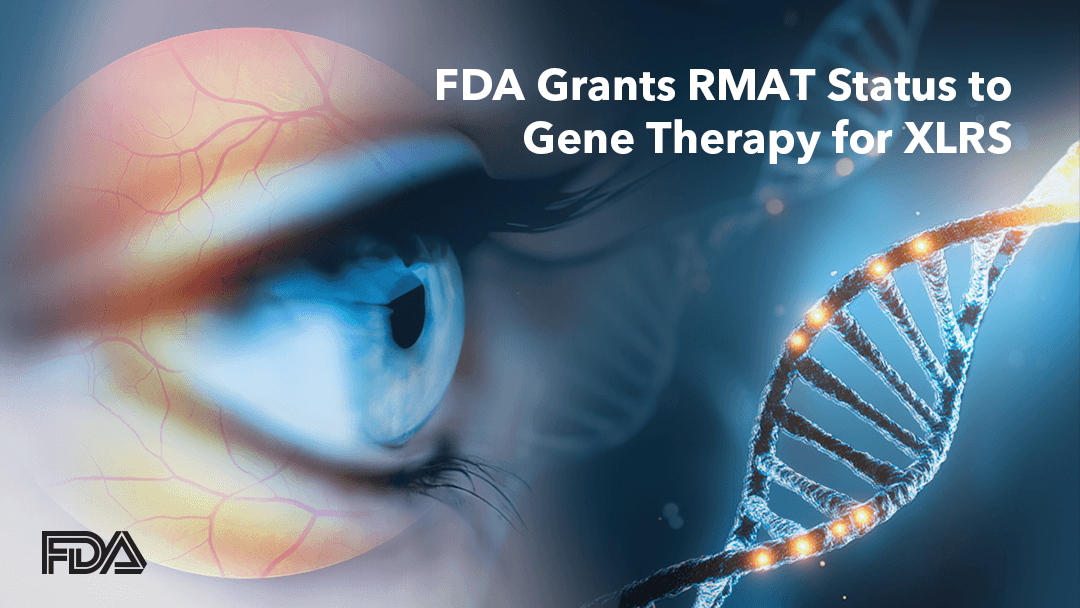FDA Grants RMAT Designation to Beam Therapeutics BEAM 101 for Sickle Cell
Beam Therapeutics announced that the FDA awarded Regenerative Medicine Advanced Therapy designation to BEAM 101, its investigational genetically modified cell therapy for severe sickle cell disease. The move could accelerate regulatory engagement and create paths to faster approval, a development with potential to reshape treatment options for patients suffering recurrent vaso occlusive crises.

Beam Therapeutics said on Nov. 22, 2025 that the U.S. Food and Drug Administration had granted Regenerative Medicine Advanced Therapy designation to BEAM 101, the company’s investigational autologous cell therapy for severe sickle cell disease. The designation is intended to speed development and review of promising regenerative medicines for serious conditions with unmet medical need, and it opens possibilities for enhanced FDA engagement on surrogate or intermediate endpoints as well as accelerated approval pathways and potential priority review of a future biologics license application.
BEAM 101 is an autologous CD34 positive hematopoietic stem and progenitor cell therapy engineered by base editing to raise fetal hemoglobin production. The therapy modifies HBG1 and HBG2 promoter regions to reduce binding by the BCL11A repressor, a mechanism designed to increase levels of fetal hemoglobin and thereby reduce the concentration of sickle hemoglobin that drives red blood cell deformation and vaso occlusion.
The company said 30 patients have now been dosed in its BEACON Phase 1 slash 2 trial, including the first adolescent patient, and that updated data were expected later in 2025 or in early 2026. Earlier interim results presented at medical congresses showed robust induction of fetal hemoglobin and reductions in sickle hemoglobin among treated participants, findings that Beam and other observers view as encouraging but preliminary. The RMAT designation recognizes the therapy’s potential as a transformative one time intervention for patients with severe vaso occlusive crises, and Beam said it will continue close regulatory engagement with the FDA as development advances.
The FDA program that confers RMAT status aims to shorten timelines for therapies that address life threatening conditions and demonstrate the potential to provide substantial clinical benefit over existing treatments. For BEAM 101, the designation could facilitate discussions with regulators about acceptable surrogate endpoints that might support earlier approval, and it could enable an accelerated approval pathway if confirmatory evidence is later obtained.
The announcement comes amid growing investor and clinical interest in curative gene and cell therapies for sickle cell disease. Over the past several years several companies have advanced gene editing and gene addition strategies into clinical testing, and the field has been watching how safety, durability and access issues will be addressed for therapies that can be administered as one time treatments. RMAT designation does not guarantee approval, and investigators and regulators will still require substantial clinical data to demonstrate long term safety and efficacy, including evidence that benefits persist without unacceptable risks.
Beam’s press release announcing the designation was republished on ADVFN on Nov. 22, 2025. Readers seeking the authoritative corporate announcement and any regulatory filings should consult Beam Therapeutics’ official press room and its filings with the U.S. Securities and Exchange Commission for the company’s Form 8 K and related materials.


